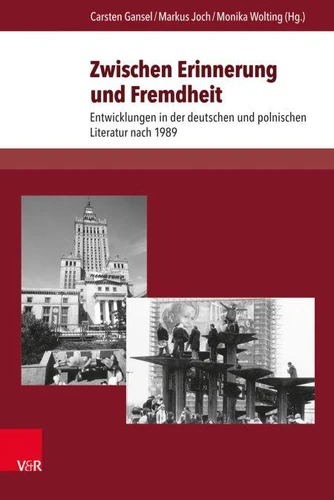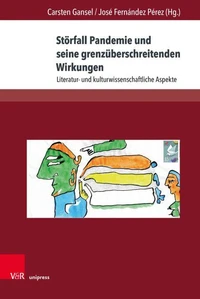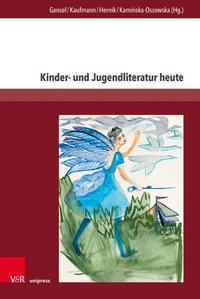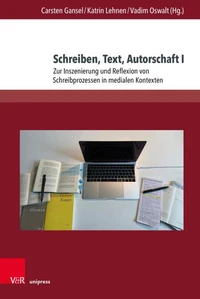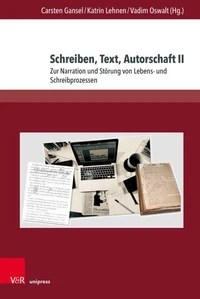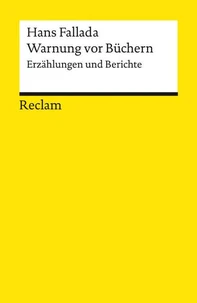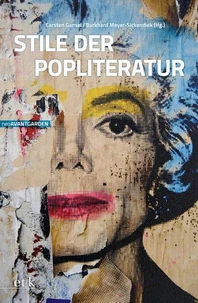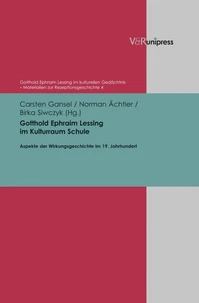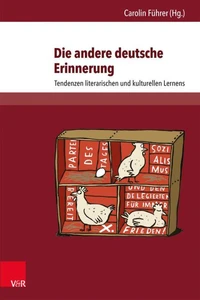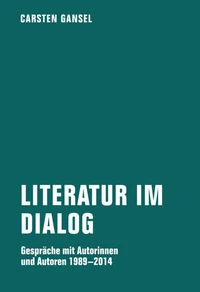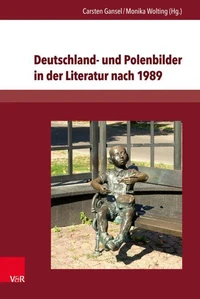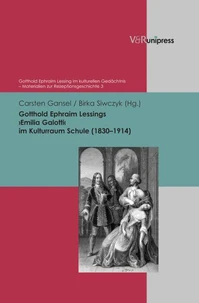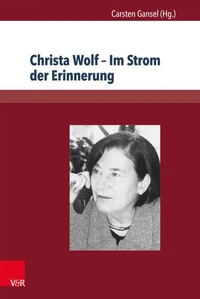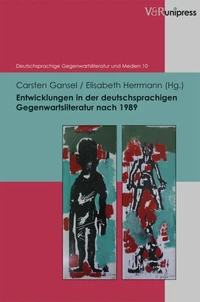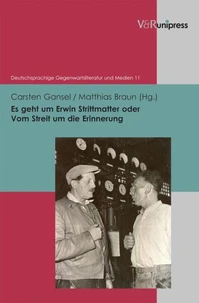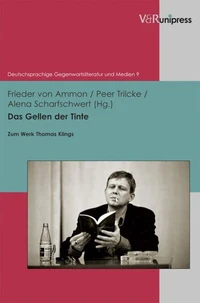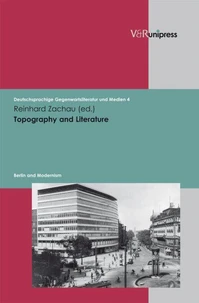Zwischen Erinnerung und Fremdheit. Entwicklungen in der deutschen und polnischen Literatur nach 1989
Par : , ,Formats :
Disponible dans votre compte client Decitre ou Furet du Nord dès validation de votre commande. Le format PDF est :
- Compatible avec une lecture sur My Vivlio (smartphone, tablette, ordinateur)
- Compatible avec une lecture sur liseuses Vivlio
- Pour les liseuses autres que Vivlio, vous devez utiliser le logiciel Adobe Digital Edition. Non compatible avec la lecture sur les liseuses Kindle, Remarkable et Sony
 , qui est-ce ?
, qui est-ce ?Notre partenaire de plateforme de lecture numérique où vous retrouverez l'ensemble de vos ebooks gratuitement
Pour en savoir plus sur nos ebooks, consultez notre aide en ligne ici
- Nombre de pages460
- FormatPDF
- ISBN978-3-8470-0382-3
- EAN9783847003823
- Date de parution22/04/2015
- Protection num.pas de protection
- Taille5 Mo
- Infos supplémentairespdf
- ÉditeurV&R Unipress
Résumé
Literary scholars and literary critics in Poland have been debating for over 20 years whether the year 1989 can be defined as a historic turning point in Polish literature. Among German scholars of German literature and German feature writers there is more consensus with regard to "their" literature; for most, the political turning point and the collapse of real socialism in 1989 also signified the end of so-called ideological aesthetics (Gesinnungsästhetik), in other words a departure from politico-moralistic programmes in the spirit of Group 47 or the reform-oriented socialist authors in the GDR.
The co-occurrence of such decisive events in politics and literature is generally taken for granted in Germany. The critical scrutiny of "turning point rhetoric" (Thomas Anz) is clearly an exception. Polish and German observers agree only on the fact that since 1989, Poland and Germany experienced more momentous political, economic and societal changes than before. This is reason enough to scrutinise the question whether since 1989 such new literary concepts and/or significant works have emerged in both countries that besides the transformation of cultural institutions one can speak of a new beginning within the symbolic system of literature.
The co-occurrence of such decisive events in politics and literature is generally taken for granted in Germany. The critical scrutiny of "turning point rhetoric" (Thomas Anz) is clearly an exception. Polish and German observers agree only on the fact that since 1989, Poland and Germany experienced more momentous political, economic and societal changes than before. This is reason enough to scrutinise the question whether since 1989 such new literary concepts and/or significant works have emerged in both countries that besides the transformation of cultural institutions one can speak of a new beginning within the symbolic system of literature.
Literary scholars and literary critics in Poland have been debating for over 20 years whether the year 1989 can be defined as a historic turning point in Polish literature. Among German scholars of German literature and German feature writers there is more consensus with regard to "their" literature; for most, the political turning point and the collapse of real socialism in 1989 also signified the end of so-called ideological aesthetics (Gesinnungsästhetik), in other words a departure from politico-moralistic programmes in the spirit of Group 47 or the reform-oriented socialist authors in the GDR.
The co-occurrence of such decisive events in politics and literature is generally taken for granted in Germany. The critical scrutiny of "turning point rhetoric" (Thomas Anz) is clearly an exception. Polish and German observers agree only on the fact that since 1989, Poland and Germany experienced more momentous political, economic and societal changes than before. This is reason enough to scrutinise the question whether since 1989 such new literary concepts and/or significant works have emerged in both countries that besides the transformation of cultural institutions one can speak of a new beginning within the symbolic system of literature.
The co-occurrence of such decisive events in politics and literature is generally taken for granted in Germany. The critical scrutiny of "turning point rhetoric" (Thomas Anz) is clearly an exception. Polish and German observers agree only on the fact that since 1989, Poland and Germany experienced more momentous political, economic and societal changes than before. This is reason enough to scrutinise the question whether since 1989 such new literary concepts and/or significant works have emerged in both countries that besides the transformation of cultural institutions one can speak of a new beginning within the symbolic system of literature.

